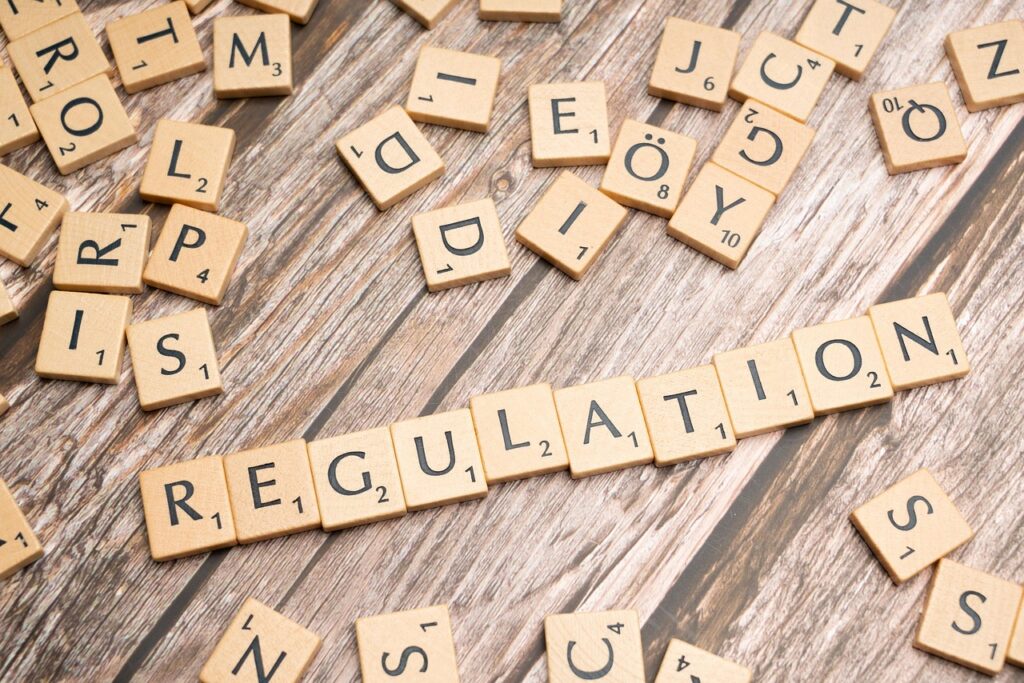In an age of increasing digital polarization, users around the world are calling for more regulation on social media. A recent survey by the Technical University of Munich (TUM) and the University of Oxford, involving over 13,500 participants across ten countries, reveals: the majority of people want platforms to actively combat hate speech and misinformation—challenging the narrative promoted by many tech leaders.
Safety over unrestricted free speech
Although platforms like X (formerly Twitter) and Meta have recently relaxed content moderation in favor of broader free speech, many users view this critically. Globally, 79% support the removal of calls to violence. Support is highest in Germany, Brazil, and Slovakia, each with 86%. Even in the U.S., where freedom of speech is a deeply held value, 63% favor such measures.
Only 14% believe violent posts should remain online to allow for counter-speech. Just 17% think offensive content targeting specific groups should be considered legitimate criticism. In the U.S., that share is highest at 29%, while Brazil shows the lowest support at 9%.
Across all countries, people lean toward platforms that prioritize protection from digital violence and deception over complete freedom of expression.
No global consensus on who is responsible
One of the most revealing findings of the study concerns responsibility for creating a safer online space:
-
35% say platforms themselves should take the lead.
-
31% believe it’s up to individual users.
-
30% place responsibility on governments.
In Germany, 37% believe the state should take a more active role, compared to just 14% in Slovakia. Sweden leads with 39% of respondents seeing users as primarily responsible, while only 17% of Germans agree.
This wide range of attitudes underscores how cultural, political, and legal traditions shape public expectations—and how difficult global regulation truly is.
A dangerous trend of resignation
Despite widespread support for moderation, many users have resigned themselves to online hostility: 59% believe exposure to hate and intolerance is unavoidable. 65% expect aggressive comments when expressing their opinions online. In South Africa, this number rises to 81%, and in the U.S. to 73%.
Professor Yannis Theocharis of TUM warns that this “normalization effect” slowly erodes social norms and fuels the mainstreaming of hate speech. A clear mandate for action—by platforms and policymakers alike.
What this means for eCommerce companies
For eCommerce players, these findings carry two key takeaways:
-
Strengthen trust: Brands should actively support safer online spaces—not just on their own platforms, but also where they advertise or engage with users.
-
Rethink community management: In a toxic digital environment, clear moderation guidelines and transparent positioning can be a powerful competitive advantage.
Conclusion: Platforms must take responsibility
Even in strong democracies, the majority of users want clearer boundaries online. The call for regulation is not a threat to free speech, but a demand for safety, trust, and fairness in digital spaces. For platform operators, marketers, and eCommerce professionals, this presents a timely opportunity to reposition themselves as transparent, ethical, and responsible players in the digital economy.
